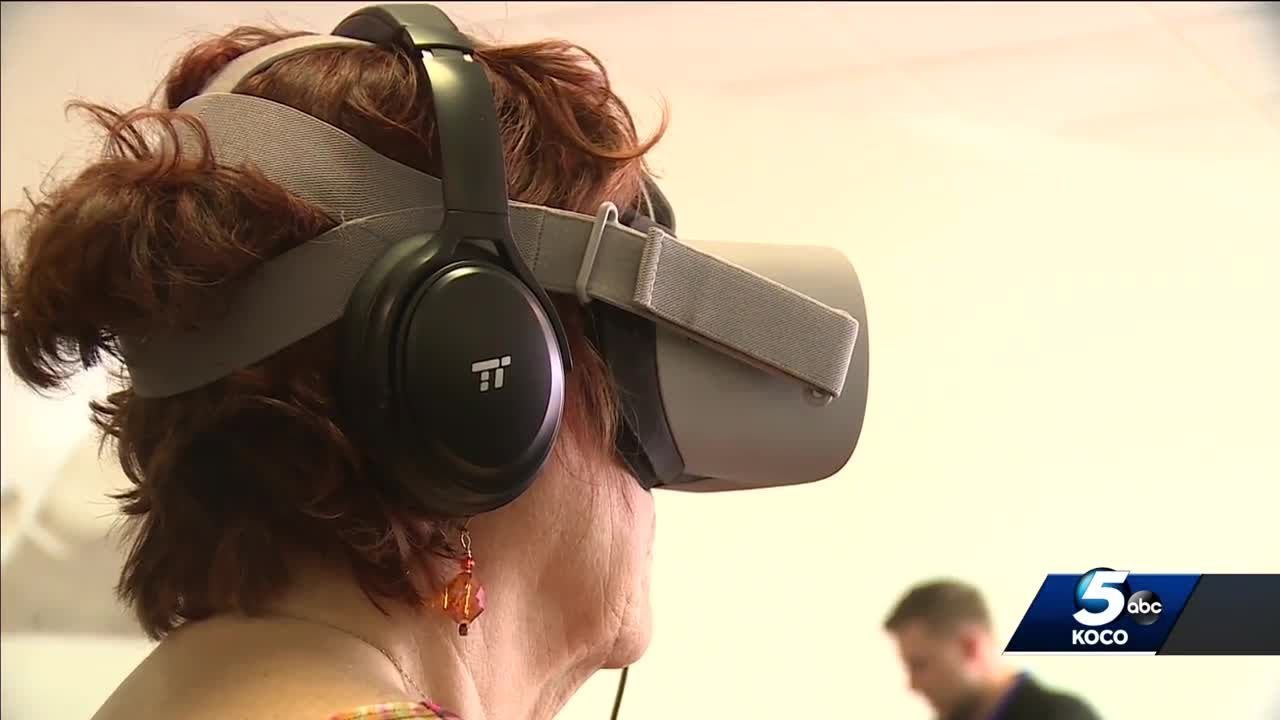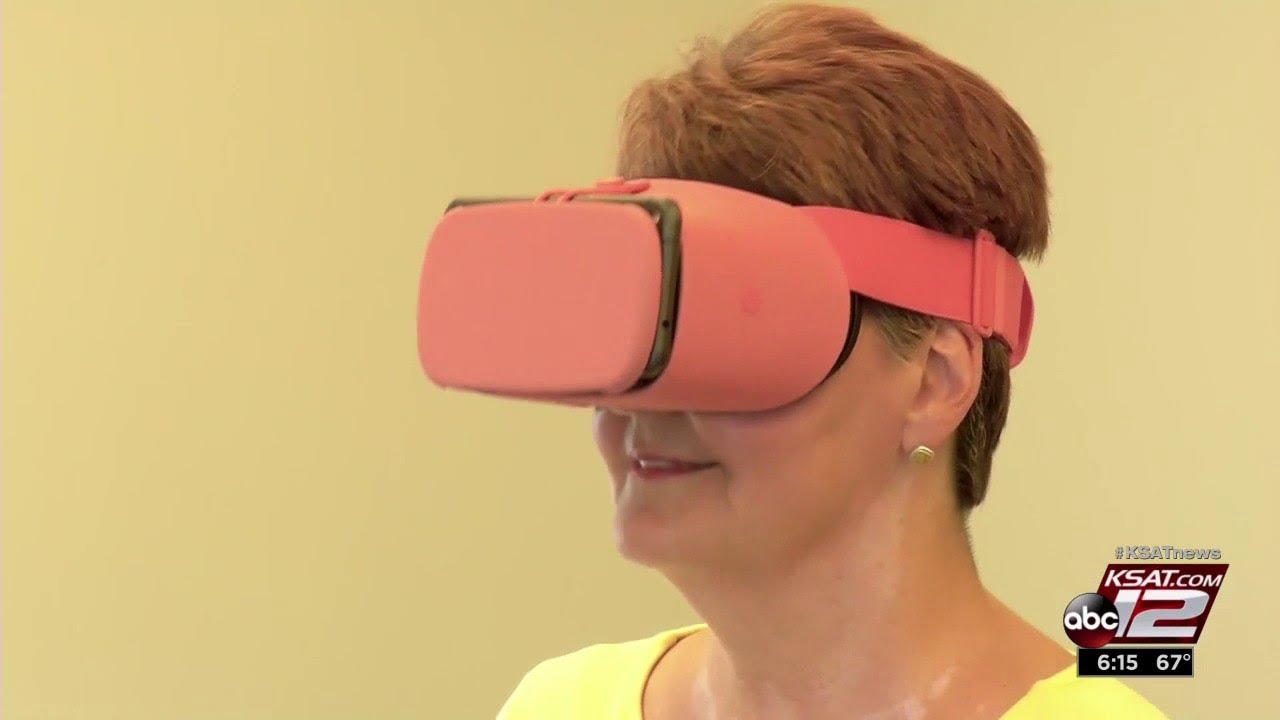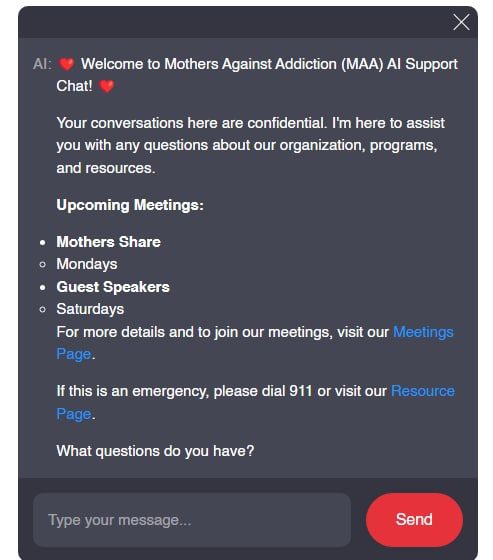Virtual therapy for addiction is not just another trend; it’s reshaping how we think about treatment. As we enter 2024, the growing reliance on technology becomes critically important for those battling substance use disorders. This innovative approach combines the power of psychological support with modern convenience, offering a beacon of hope for many. How exciting is it to imagine that help is now only a click away?
For families caught in the throes of addiction, virtual therapy offers flexibility and accessibility previously unimaginable. Whether it’s working through the intricacies of cognitive-behavioral therapy (CBT) or engaging in supportive online communities, the landscape of recovery is brightening, one virtual session at a time. Many parents, like those engaged with Mothers Against Addiction, are discovering these therapies as they grapple with the realities of having a child struggling with addiction or coping with the profound loss that addiction can bring.
In this article, we’ll dive deep into what virtual therapy for addiction looks like, highlight the innovative platforms paving the way, understand its benefits and challenges, and explore how it can empower not just individuals but whole families in their journey toward healing.

Understanding Virtual Therapy for Addiction: A Revolutionary Approach
Virtual therapy for addiction leverages technology to make treatment more comprehensive and accessible. Traditional face-to-face sessions have their merits, but they can also be a hurdle. Imagine trying to arrange a therapy visit while balancing work, family commitments, or even the aftermath of a long day. That’s where virtual therapy shines, breaking barriers and making help available when it’s most needed.
Therapists specializing in addiction can connect with clients via video calls, chats, and various online platforms. This modern approach allows for greater flexibility in scheduling and eliminates travel-related hassles, making treatment as seamless as possible. Yet, it comes with its own set of challenges that families need to be aware of.
While there’s undeniable potential for virtual therapy to transform lives, the technology itself can be daunting for some. As parents, understanding both the benefits and barriers of this new frontier in treatment is essential. More importantly, there’s hope. Our organization, Mothers Against Addiction, emphasizes the importance of finding the right support, whether that be virtual therapy or community resources.
The Rise of Virtual Therapy for Addiction: Why It Matters
The demand for virtual therapy for addiction has surged, particularly in the wake of the opioid crisis and increased mental health issues during the pandemic. According to a 2021 report by the Substance Abuse and Mental Health Services Administration (SAMHSA), more than 40 million Americans grappled with addiction, highlighting an urgent need for accessible treatment options.
This reality underpins why virtual therapy is so crucial. Experts agree that immediate access to professional help can significantly reduce barriers to treatment. Families no longer need to wait weeks for an appointment or travel hours for help. Whether it involves connecting to a therapist specializing in cognitive-behavioral therapy or seeking out support from online recovery Communities, immediate access fosters a quicker path to healing.
Understanding the intricacies of addiction can be overwhelming. That’s why it helps to have compassionate resources guiding you. Our community, dedicated to supporting parents, recognizes that while it’s a tough journey, no one should feel alone in it. We spotlight innovative resources, leaving families empowered and hopeful about virtual therapy for addiction.

Top 5 Platforms Revolutionizing Virtual Therapy for Addiction
These innovative platforms offer families a way to explore solutions that fit their needs. It’s all about combining personalized support with community engagement.

Key Benefits of Virtual Therapy for Addiction
Increased Accessibility and Flexibility
One of the biggest perks of virtual therapy for addiction is increased accessibility. Individuals no longer dread long drives or complicated scheduling conflicts. They can connect with their therapist whenever it suits them, making it easier to seek help right when they need it.
This flexibility is especially beneficial for those living in rural areas or those who find it hard to commit to traditional appointments. Imagine being able to chat with a qualified therapist from the comfort of your own home—what a game-changer!
Enhanced Privacy and Comfort
Virtual therapy offers a level of privacy that traditional settings might lack. Many individuals feel more at ease sharing their thoughts and feelings in familiar surroundings. This comfort often leads to more honest conversations about their struggles, allowing for more effective healing. For families, understanding that their child can find relief without the stigma associated with attending group therapy sessions in person is comforting.
Personalized Treatment Plans
With virtual platforms, therapists have the ability to customize treatment to fit unique client needs. This tailored support means individuals can address specific challenges related to their addiction, making for a more effective recovery journey. Whether it’s helping with cravings or developing coping strategies, personalized plans lead to greater success.
Each point designed around fostering a supportive environment helps families breathe a little easier. When help is approachable and customized, the journey toward healing becomes less daunting.

Challenges of Virtual Therapy for Addiction
Lack of In-Person Interaction
While virtual therapy indeed has many benefits, it can miss the human touch that face-to-face interactions provide. For some, there’s value in non-verbal cues and physical presence. These nuances can be vital ingredients in understanding emotional subtexts and fostering connection.
Accessibility to Technology
Not everyone has equal access to technology, which presents a challenge for some individuals seeking help. This digital divide highlights the need for more community programs that provide resources like internet access or virtual devices. Understanding these barriers is essential for families and organizations alike.
Navigating Emotional Terrain
Living with an addiction can take a toll, leading to conditions like Post-Traumatic Stress Disorder (PTSD) for family members. Therapy is almost always incorporated into treatment strategies for those affected. It’s essential to recognize that mental health holds as much importance as addressing the addiction itself.
With a deeper awareness of these challenges, parents can better support their children and engage with therapies designed for healing. Communities must work together to advocate for broader access and understanding.

Innovative Perspectives on Future Trends in Virtual Therapy for Addiction
Looking ahead to 2024 and beyond, virtual therapy for addiction is set to evolve in captivating ways. Integration with artificial intelligence (AI) may allow for more individualized treatment experiences. AI can analyze real-time data to better cater to patients’ changing needs, a real leap forward in personalizing care.
Partnerships between technology companies and health care providers will lead to enhanced credibility and effectiveness of these platforms. Consider tools like virtual reality (VR) therapy, enabling clients to immerse themselves in simulated high-risk situations and practice coping strategies in a controlled space.
This collaborative future emphasizes healing not just for individuals, but for families, featuring integrated approaches that promote resilience.
Empowering Families and Loved Ones Through Virtual Therapy for Addiction
Virtual therapy for addiction isn’t just focused on the individuals struggling with substance use; it embraces the entire family system. Programs such as Al-Anon and others have adopted virtual meetings, creating a space where family members can receive valuable guidance and share their experiences. This communal aspect is a critical piece in the recovery puzzle.
By emphasizing family support, virtual therapy acknowledges how addiction affects everyone involved. Parents and siblings can find comfort in knowing they aren’t alone in their struggles and can gain the tools to navigate their loved one’s journey.
With these virtual communities, families can rally together, restoring hope and healing not just for individuals but for those who care about them the most.
Embracing Hope: Transformative Potential of Virtual Therapy for Addiction
The path through addiction is riddled with challenges, yet virtual therapy offers a glimmer of hope. As technology evolves, it paves the way for treatment options that are consistent, personalized, and accessible. For countless families, virtual therapy for addiction is not just a fad; it represents a significant step toward healing, understanding, and reclaiming their lives.
At Mothers Against Addiction, we believe in empowering families with tools and resources that work. Platforms built on digital wellbeing and gaming in sobriety can be positive avenues for connection and healing. By embracing these virtual opportunities, we aim for a future with fewer barriers to recovery, shining a light on more stories of hope and healing.
In the end, virtual therapy for addiction is about connecting people with the support they need, when they need it. So let’s embrace this changing landscape together, knowing brighter days are ahead!
Virtual Therapy for Addiction: New Avenues for Healing
The Digital Revolution in Therapy
Did you know that virtual therapy for addiction is gaining momentum faster than a fresh can of diet Pepsi? With many individuals deterred by traditional in-person treatments, online options provide a refreshing alternative. Offering flexibility and accessibility, these digital platforms allow people to connect with dedicated therapists from the comfort of their homes. This shift mirrors the rise of online communities, similar to how fans engage with anime, fostering support systems regardless of geographical barriers.
The Accessibility Factor
One of the remarkable aspects of virtual therapy for addiction is its ability to cater to various needs. Programs can be structured to fit around busy schedules, making it easier to attend sessions, much like how travelers appreciate the convenience of United Express flights. Additionally, many platforms offer resources that clients can access anytime. For example, participants might find tools for mindfulness or strategies for managing cravings, similar to how fitness enthusiasts rely on Gnc protein powder to fuel their workouts.
Building a Community Online
A key benefit of virtual therapy for addiction is the sociability it fosters. Those in recovery can connect with others facing similar challenges, creating an environment of shared experiences. Online meetings and support groups can make participants feel less like islands and more like part of a fleet navigating the waters of recovery. It’s fascinating to think that just as so many people engage in hobbies like reading Manga online For free, individuals on their recovery journeys can find solace and camaraderie in shared narratives, helping to break down isolation often felt during addiction struggles.
In summary, virtual therapy for addiction not only provides practical tools and resources but also helps shape a supportive community. It presents a hopeful avenue for healing, proving that recovery is within reach, even in uncertain times.

What therapy is most effective for addiction?
Cognitive-behavioral therapy (CBT) is often regarded as one of the most effective therapies for treating addiction. It helps individuals understand and change harmful thought patterns and behaviors related to substance use, either on its own or in combination with other treatments.
What is the most common therapy used for treating internet addiction?
For internet addiction, therapy typically includes cognitive-behavioral therapy (CBT) and group therapy. These approaches focus on addressing the underlying issues and developing healthier coping strategies, often combined with medication when necessary for mental health symptoms.
Does Talkspace treat addiction?
Yes, Talkspace provides treatment for addiction. They have therapists who specialize in addiction therapy, along with psychiatry providers who can offer medication when needed alongside the therapy.
What is the trauma of living with an addict?
Living with an addict can cause significant trauma and may lead to Post-Traumatic Stress Disorder (PTSD). Symptoms of PTSD can include flashbacks, nightmares, and heightened anxiety, manifesting after experiencing the stress of an addict’s behavior.
What are 3 ways to overcome addiction?
Three ways to overcome addiction include seeking professional treatment, building a strong support network, and developing healthy coping strategies to deal with triggers and cravings.
What is the best treatment for addiction?
The best treatment for addiction usually involves a combination of therapies, which may include counseling, behavioral therapy, and medication as needed to address both the addiction and any underlying mental health issues.
What are three types of mental illnesses associated with Internet addiction?
Three types of mental illnesses often associated with internet addiction are anxiety disorders, depression, and attention-deficit/hyperactivity disorder (ADHD). These conditions can sometimes worsen or be exacerbated by excessive internet use.
What is the treatment of choice for digital addiction?
The treatment of choice for digital addiction generally involves a combination of cognitive-behavioral therapy (CBT) and support groups, focusing on changing unhealthy habits and improving overall mental health.
Can Internet addiction be reversed?
Yes, internet addiction can be reversed with the right treatment and support. Recovery involves addressing underlying issues and learning to manage time and use technology in a healthier way.
Is Talkspace too expensive?
The cost of Talkspace can vary, but many find it affordable given the flexibility and range of services offered. They also have options to fit different budgets.
How many days does it take to do a detox?
Detox can take anywhere from a few days to a couple of weeks, depending on the substance involved and the individual’s health status. Supervision by medical professionals is key for safety during this process.
How do psychologists treat addiction?
Psychologists treat addiction using various methods, including cognitive-behavioral therapy, motivational interviewing, and psychoeducation, all directed at understanding and changing the addictive behaviors.
How do addicts feel about their addiction?
Addicts might feel conflicted about their addiction; while they may recognize the harm it’s causing, they can also experience a strong urge to continue using substances or engaging in addictive behaviors.
What is it called when an addict falls back into addiction?
When an addict falls back into addiction, it’s often referred to as a relapse. This can happen for various reasons, including stress, triggers, or inadequate coping strategies.
What does addict behavior look like?
Addict behavior can look different for everyone, but often includes secretive actions, neglect of responsibilities, mood swings, and withdrawal from family and friends.
What is a therapy that involves the use of the Internet called?
Therapy that involves the use of the Internet to provide support and treatment is often called online therapy or teletherapy. It allows for more accessible mental health care.
What is the first treatment model for internet addiction?
The first treatment model for internet addiction typically involves cognitive-behavioral therapy and skills training to help individuals manage their online behavior effectively.
What is the solution to internet addiction?
Solutions to internet addiction often include setting time limits, engaging in offline activities, and seeking therapy to address the underlying issues driving excessive internet use.
What is the treatment for social media addiction?
Treatment for social media addiction usually mirrors that of internet addiction, emphasizing CBT, establishing healthy usage patterns, and addressing any underlying psychological issues that contribute to the compulsion.
What is most effective in treating addiction?
The most effective approach in treating addiction usually combines therapies like cognitive-behavioral therapy with other modalities like group support and medication when needed.
What is the most effective therapy method?
Cognitive-behavioral therapy is often seen as the most effective therapy method for addiction, as it directly targets the thought processes and behaviors that contribute to the issues at hand.
What is the most common treatment for addiction?
The most common treatment for addiction involves a mix of therapy, support groups, and sometimes medication, creating a comprehensive approach tailored to the individual’s needs.
Which of the following is considered as the most effective treatment for substance abuse?
Cognitive-behavioral therapy is often considered one of the most effective treatments for substance abuse, as it provides tools for changing the unhealthy thoughts and behaviors linked to addiction.




























